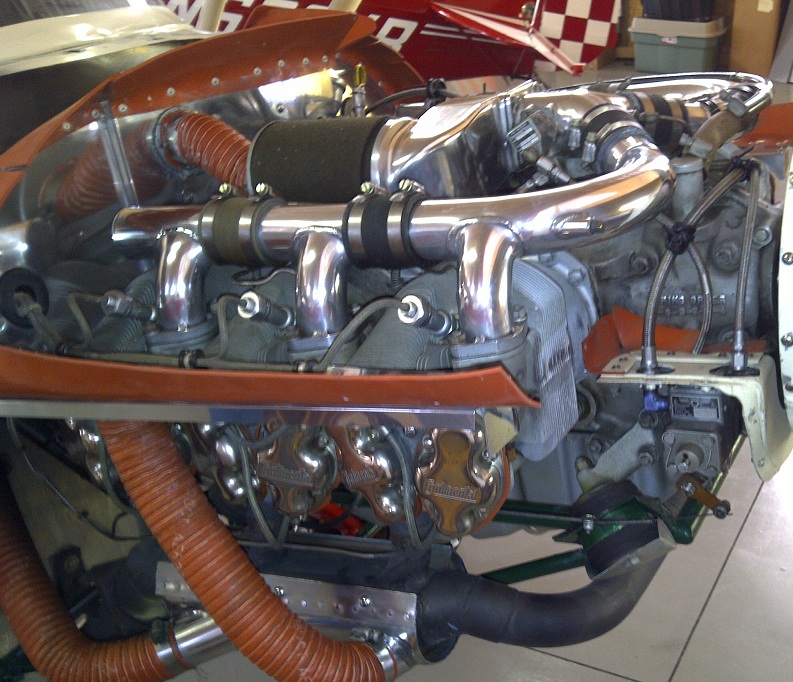Years ago, kids grew up fixing their bicycles, helping their
Dads fix the lawnmower, maybe work on the family car,
help their dad change the points and condenser and spark
plugs, perhaps service an outboard motor on the boat,
change the oil on their motorcycle.
Those days are gone, and no one works on engines or
anything mechanical any more. People don't even know
how to change a rubber o-ring when their tap is dripping.
This presents a bit of a challenge when the new generation
arrives at the airport for flight training. It's not their fault -
their fathers don't have a clue about anything mechanical -
but if you're going to fly an airplane, you had better learn
a little bit about how it works and how to service it.
Personally, I would strongly recommend getting a toolbox
and some screwdrivers and pliers and wrenches and sockets
and zip ties and tape and lock wire and some spare machine
and sheet metal screws. I cannot imagine not having this. A
friend of mine doesn't fly his airplane anywhere unless he
has a spare kit to rebuild a magneto and a buzz box to time them.
I have tried to write some articles for students arriving at
the airport that didn't have the benefit of a mechanical
upbringing:
http://www.pittspecials.com/articles.html
I was lucky enough that by the time I was 10, I was helping
my father change cylinder heads on cars, changing pistons
and honing cylinders, doing maintenance on boats and
motorcycles and airplanes.
Heck, on a recent vacation a friend's engine was running
rough, so I went to the grocery store, bought some dental
floss, ordered a hone, borrowed some MEK, and performed
SI 1425A to unstick his high-time exhaust valves. Also
replaced the magnetos and spark plugs. Engine ran
"butter smooth" afterwards, according to him.
And I'm not even an AME. Never will be. But I have learned
that airplanes aren't about to tolerate a pilot that doesn't
understand them.




